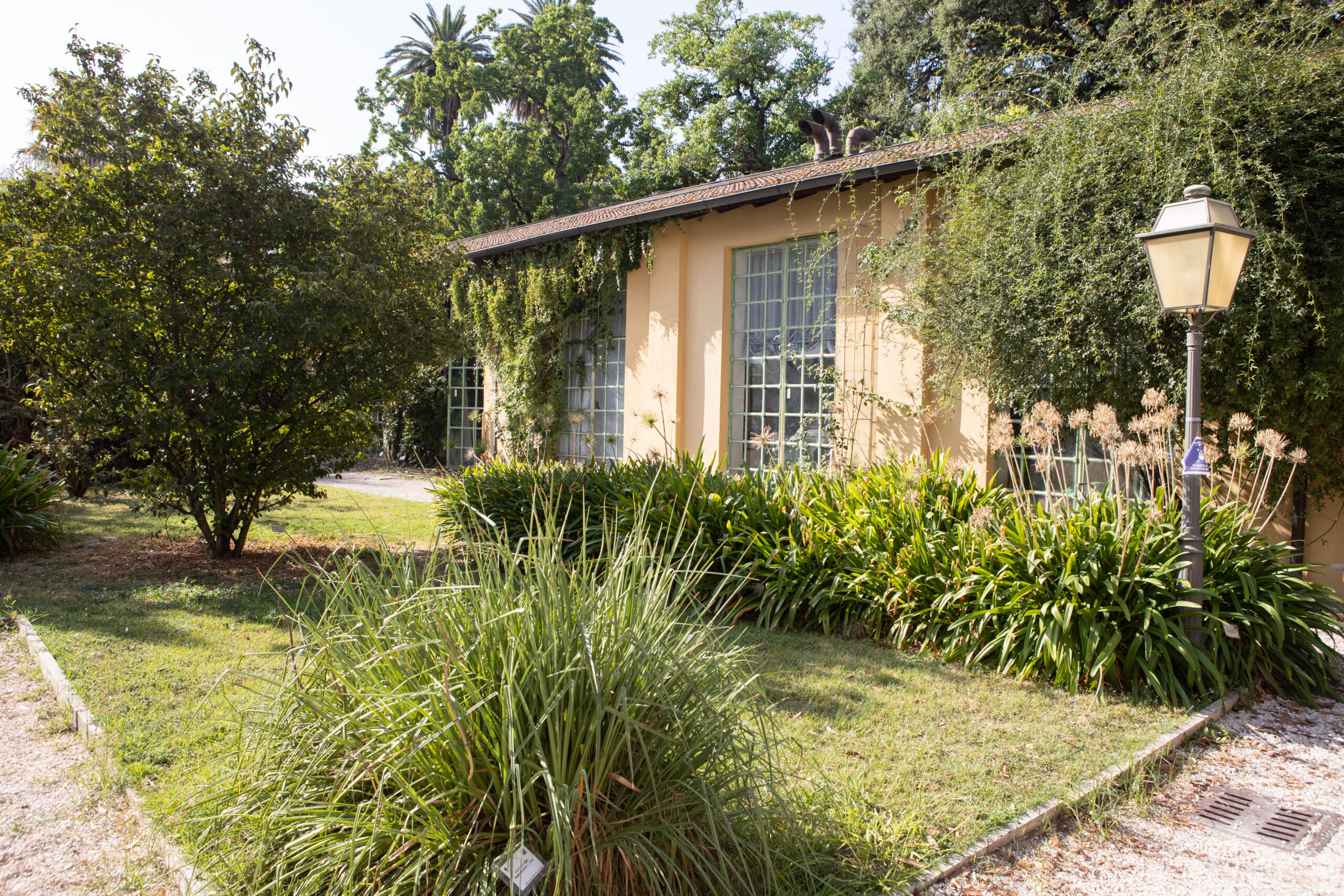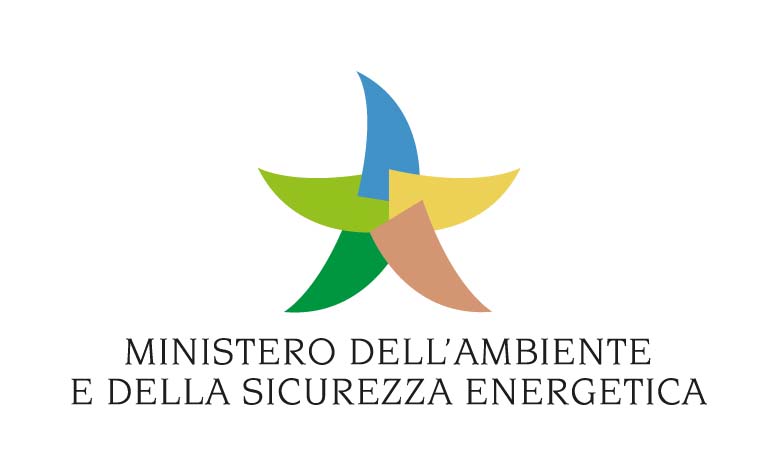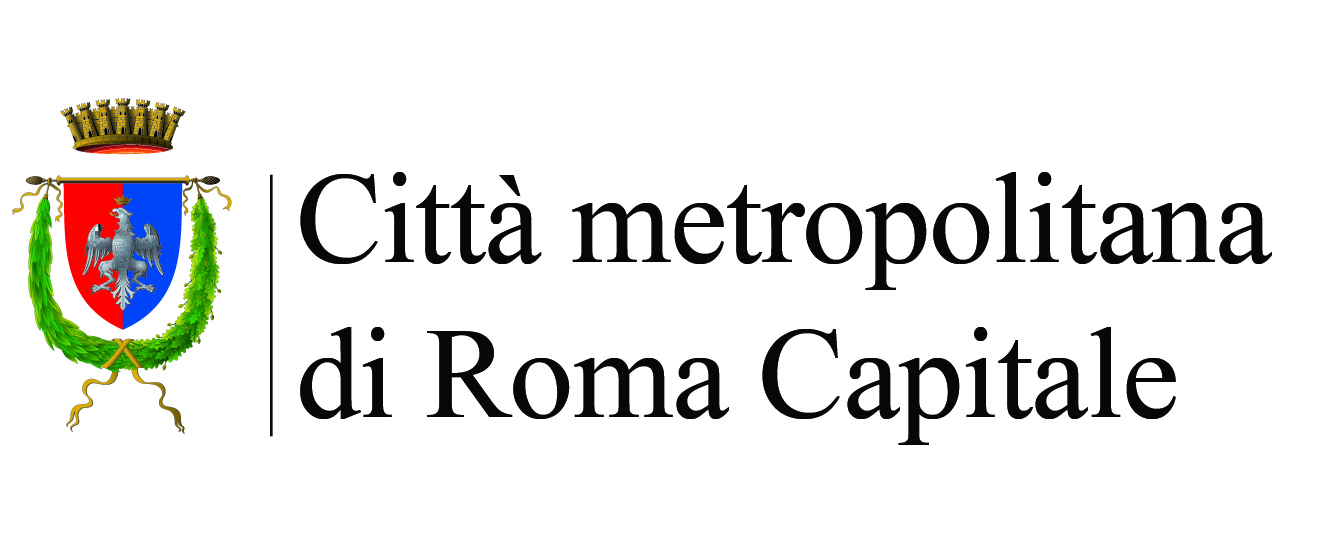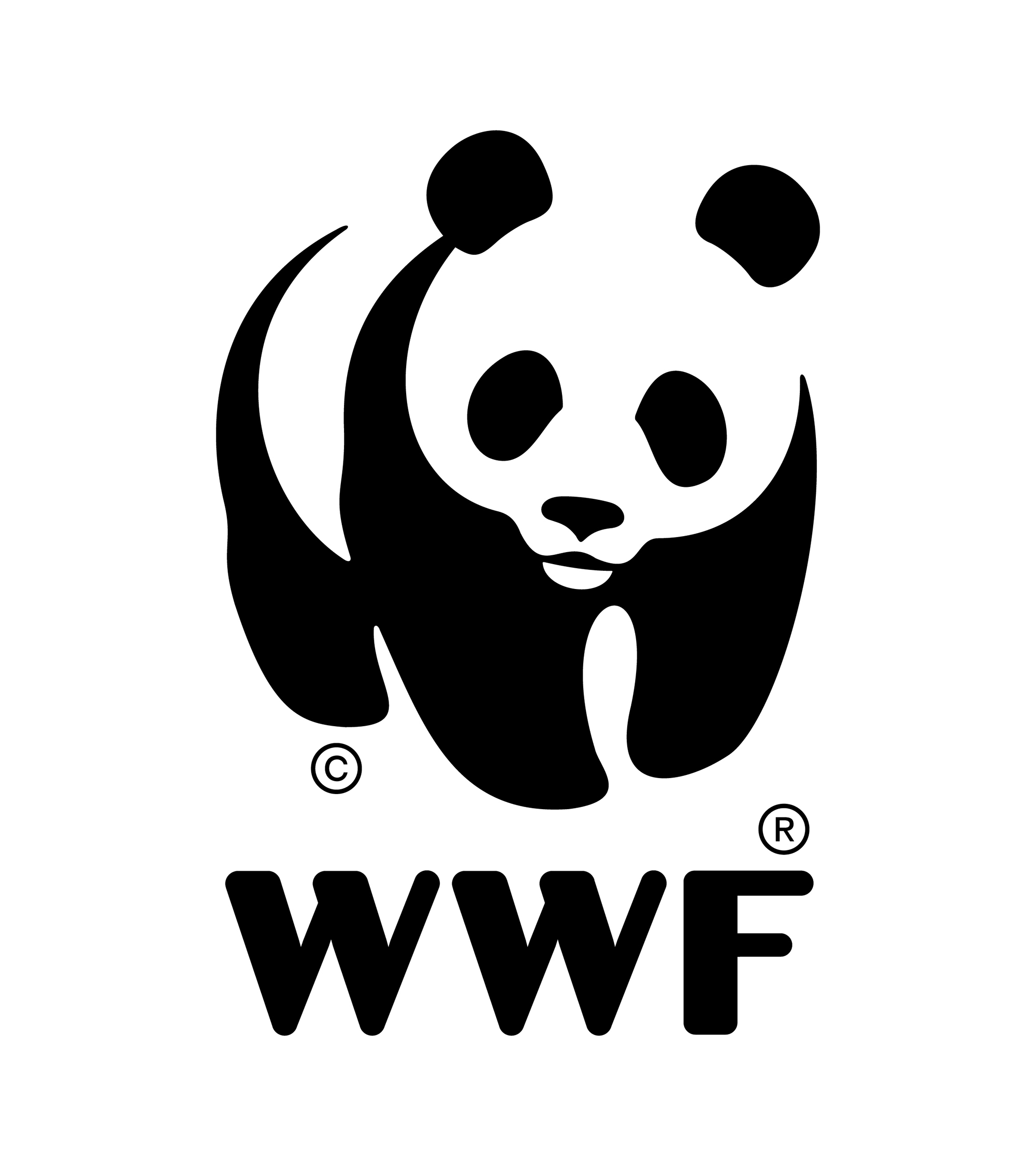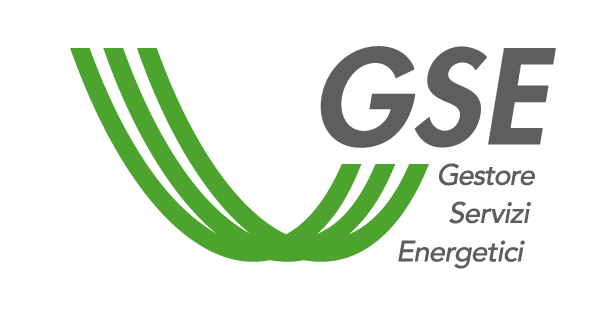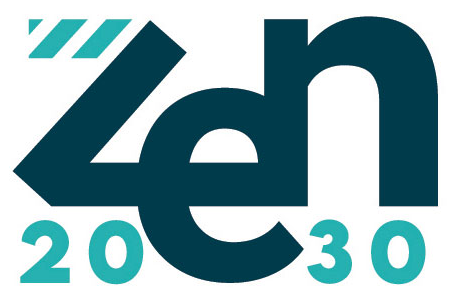How does a documentary that tells the story of science, nature, and the environment come to life? What relationship binds an author and a scientist? What challenges does a documentarian face? In the second edition of Cinema In Verde at the Rome Botanical Garden, from September 20 to 22, the documentary workshops return in the section “Exploring, Observing, and Documenting Nature and the Environment.” Three morning sessions with documentarians, experts, directors, and explorers will discuss documentaries about nature, the environment, and sustainability.
The documentary workshop series will be inaugurated by Fabio Toncelli, a director, screenwriter, and documentary filmmaker specializing in nature, science, and history. His works have been broadcast both in Italy and on television networks worldwide. Toncelli will provide insight into the narrative techniques used in scientific and nature documentaries.
With his guidance and extraordinary footage gathered during his extensive global experience, the first workshop, “Narrating Nature”, will explore the creative power of scientific and nature documentaries.
For audiences, nature and science documentaries have always been among the most appreciated genres. For scientists, these films serve as a key medium to share new discoveries and offer a glimpse into the behind-the-scenes of research.
But do you need to be a scientist or a storyteller to create a documentary? Why not both?
From conception to final production, this workshop will focus on the essential collaboration between directors and their crews on one side and researchers and scientists on the other. Participants will immerse themselves in the art of documentary storytelling, exploring how a documentary is made.
Following this, Lorenzo Vecchi, Chief Operating Officer of Zen2030, will join the discussion to explore the topic of “Green Sets”.
The film industry has made significant strides in reducing the environmental impact of film sets and productions. Zen2030 is one of the leading organizations guiding directors, crews, and production companies through this sustainable transition.
During this session, attendees will gain a comprehensive understanding of the fundamental principles of a “green set”, with a particular focus on sustainable practices in nature and science documentary filmmaking.
The focus of the second morning’s session, titled “Narrating the Environment”, will be glaciers—one of the most powerful symbols of the climate crisis. Director, filmmaker, and glacio-speleology researcher Tullio Bernabei will present the documentary Vanishing Ice, which he co-directed with Marco Visalberghi. Shot across glaciers in Greenland, Switzerland, and Italy, the documentary follows the missions of explorers and researchers working to uncover the current state of the world’s ice giants.
With alarming reports of glacier collapses emerging from across the globe—such as the Marmolada Glacier collapse in 2022 and the disappearance of Venezuela’s last glacier this summer—the second documentary workshop at Cinema In Verde 2024 will explore how to effectively narrate the ongoing melting of glacial masses. As an author of investigative reports and documentaries, and an organizer of research expeditions worldwide, Bernabei will share his first-hand experiences studying and documenting the health of glaciers. This session will offer insight into the challenges, the tools used, and the unpredictable narrative choices involved in documentary filmmaking in extreme environments.
The final workshop will be dedicated to the global food system, an increasingly crucial indicator of the Planet’s health. Developing sustainable strategies to feed billions of people is fundamental—just as it is essential to tell the story behind the mechanisms that govern the food industry.
During the third workshop, “Narrating the Food System,” freelance journalist and documentarian Francesco De Augustinis, who has over ten years of experience in the environmental and food sectors, will present his latest documentary, Until the End of the World. Produced as part of the independent project One Earth and winner of both national and international awards, the documentary follows an eye-opening journey to the farthest reaches of the planet to explore the world’s fastest-growing food industry: intensive fish farming.
Crossing three continents—from the coasts of Senegal to Chilean Patagonia, passing through the waters of Greece—the author investigates the supply chain of the fishing industry and its impacts: pollution, the colonization of marine resources, and threats to biodiversity. While the aquaculture industry promises to help make the food system more sustainable, communities around the world are increasingly fighting against it to safeguard their existence. In an open dialogue with the audience, De Augustinis will share his work and experience in tackling the complex and controversial themes of his film, demonstrating how documentaries can be an effective tool for explaining the intricacies of a globalized world—one where environmental, social, and ethical crises are increasingly intertwined, following the idea that “everything is connected.”
Organized in collaboration with a university institution—the Polo Museale della Sapienza – University of Rome—the second edition of the Cinema In Verde Festival includes academic credit recognition for students participating in the workshops. Certificates of participation will be issued.
